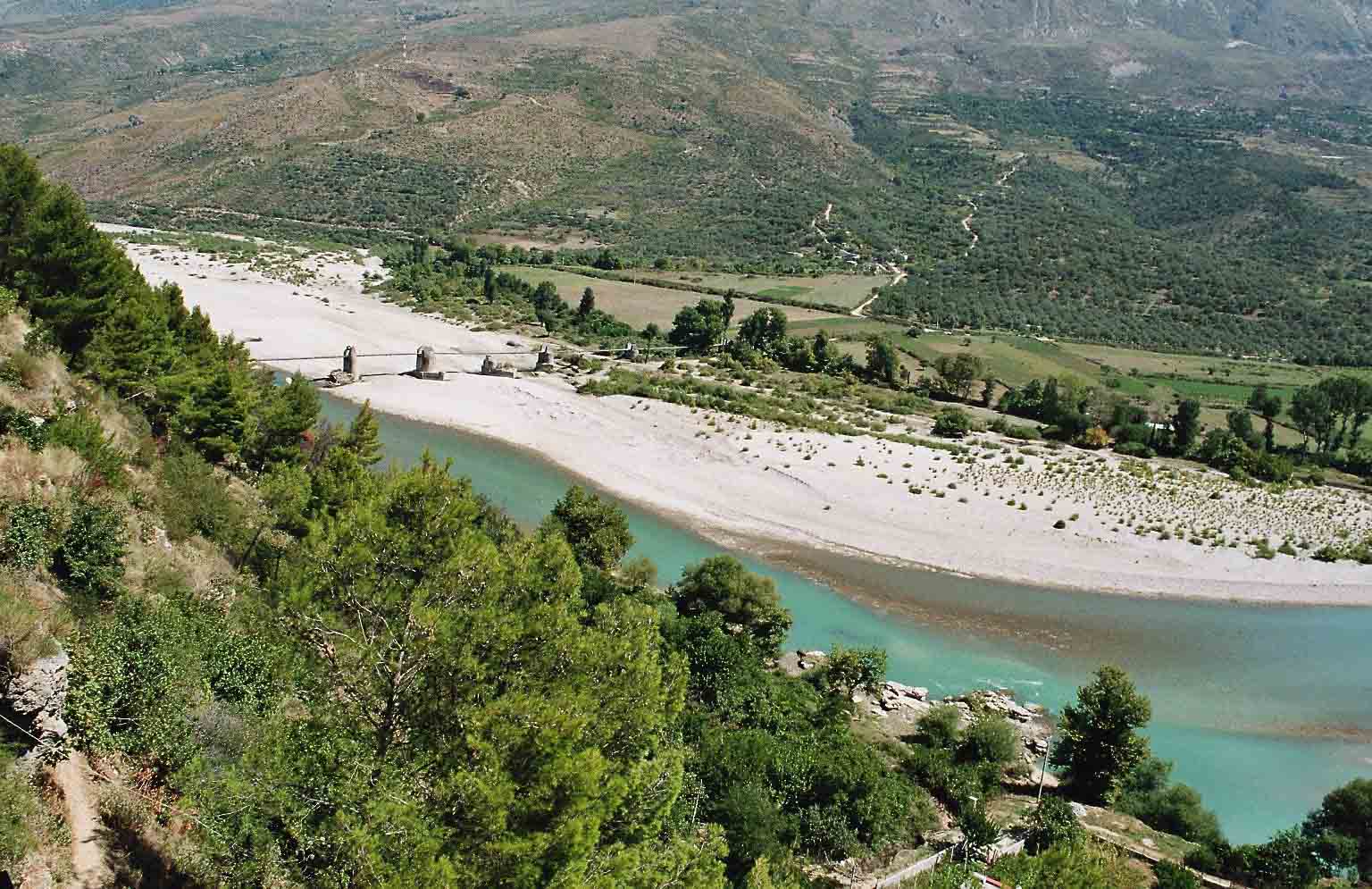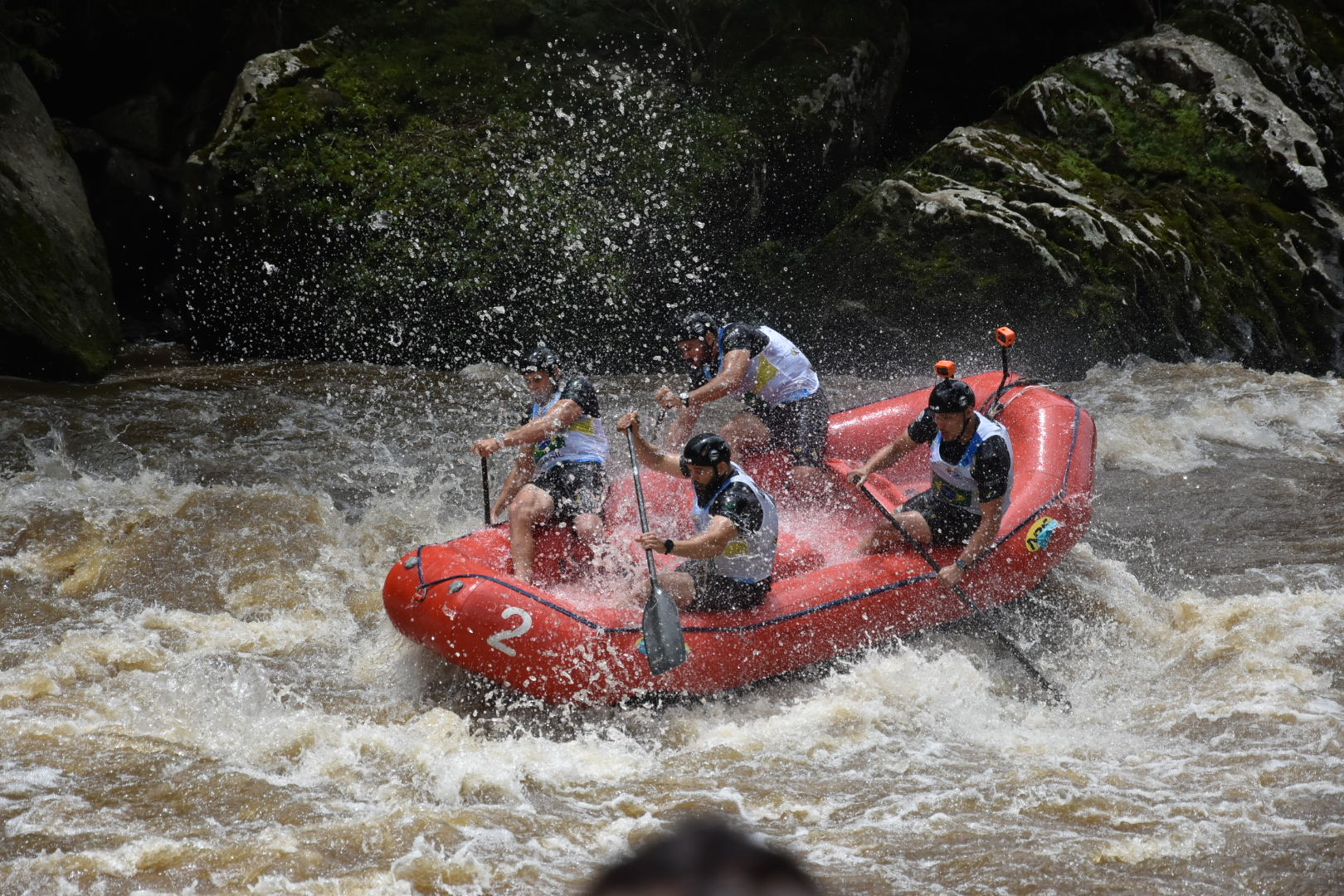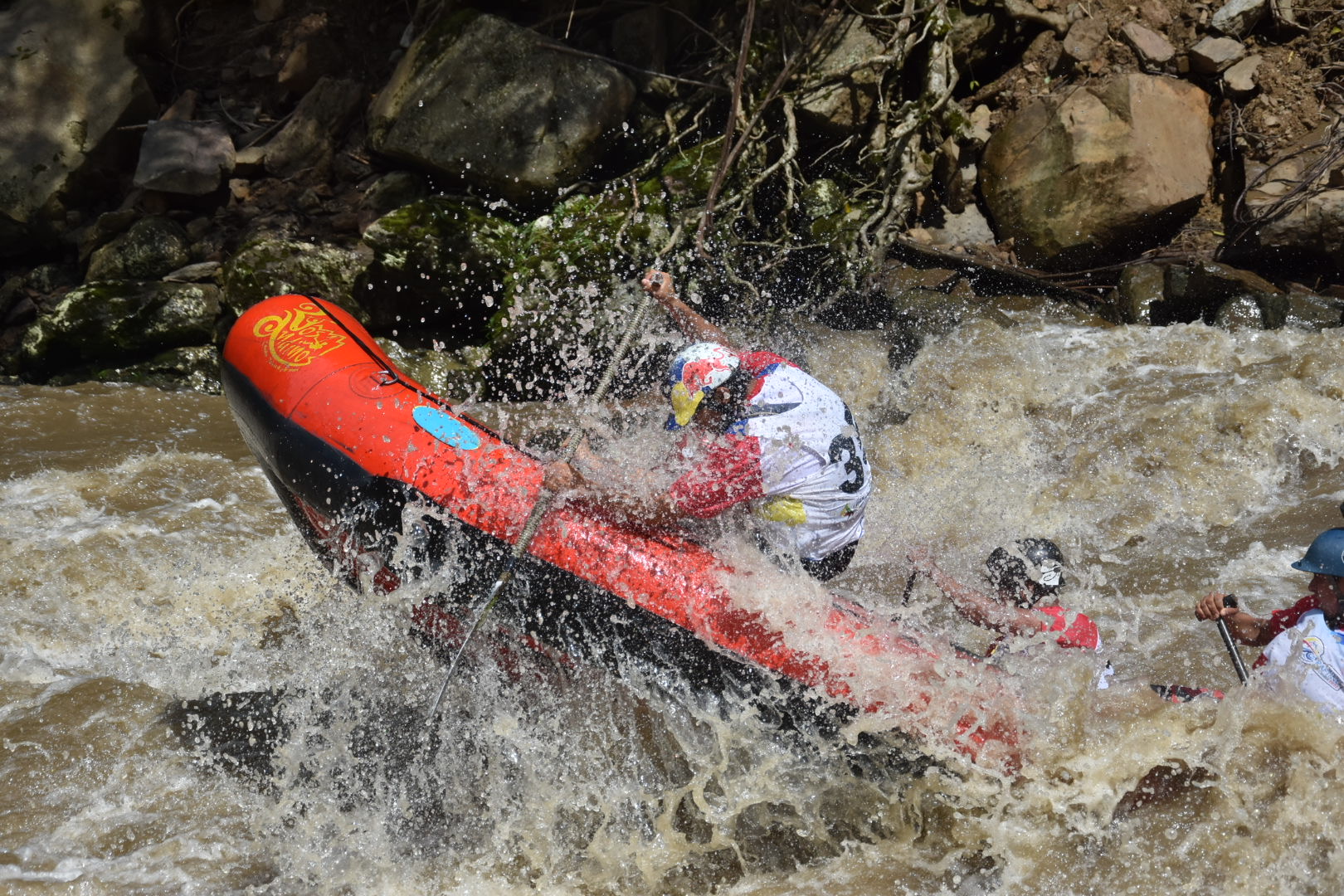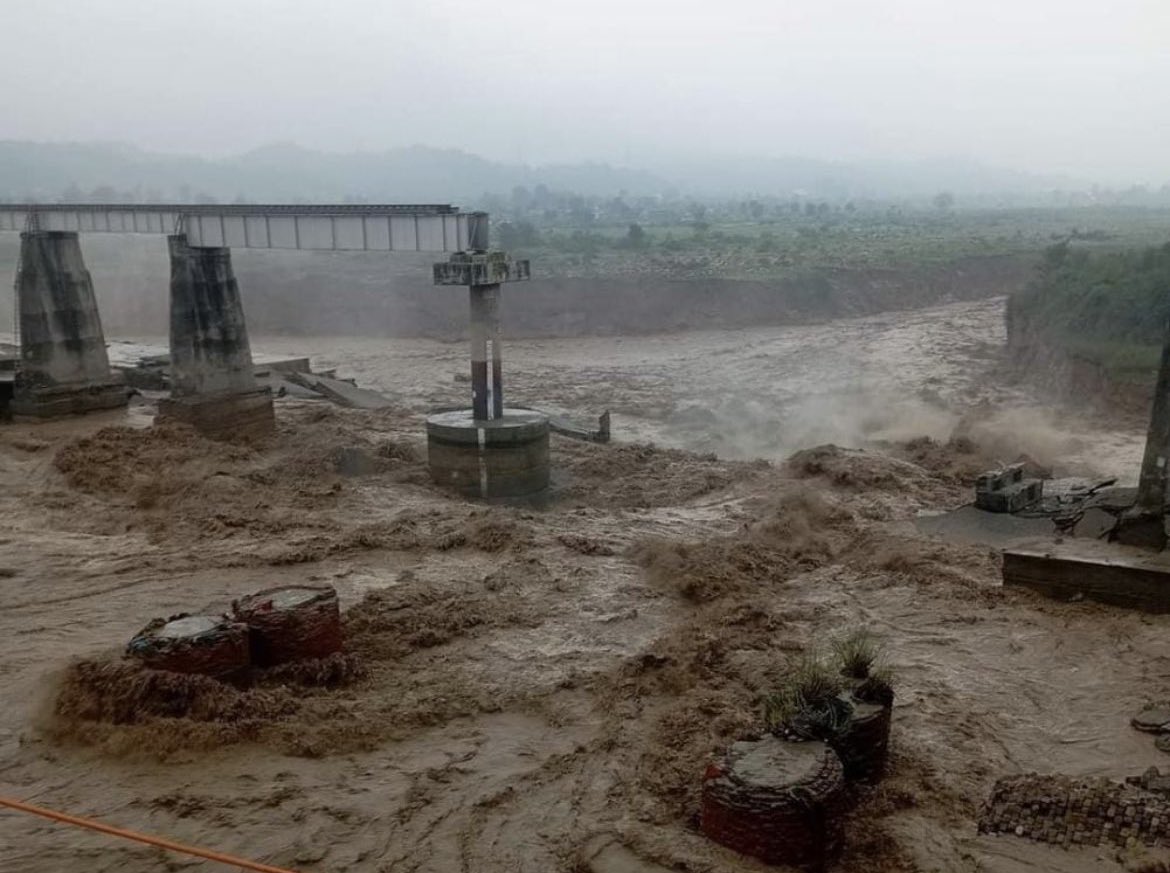The 2024 Panamerican Rafting Championships are set to make waves in Pucón, Chile, with an impressive lineup of competitors. This year, 70 teams will compete, including 27 men's teams, 16 women's teams,...
HEADLINE
On March 13th, 2023, Vjosa was declared as Europe's first Wild River National Park, further cementing its status as one of Albania's natural wonders. The river is home to more than 1,100 species, including diverse fish fauna with high percentages of endemic species of the Balkans, and authentic communities. With its lush vegetation, Vjosa is an ideal destination for adventure enthusiasts seeking exploration and relaxation.
For over a decade, environmental experts, tourism activists, and organizations such as EcoAlbania, Patagonia, Riverwatch, Euronatur, and IUCN, alongside residents of the communities surrounding Vjosa, media, national and international artists, tour operators, and activity enthusiasts have been dedicated to safeguarding Vjosa for future generations.
During the celebrations of Vjosa NP's declaration in the Municipality of Tepelena, Prime Minister Edi Rama announced, "Currently, almost 21% of Albania's territory is designated as a protected area, and we are continuously expanding this area each year towards achieving our target of having 30% of Albania's land as a protected area by 2030."
Minister Mirela Kumbaro announced, "Today, the Albanian government has officially declared the Vjosa River and its three tributaries (Drino, Bënçë, Shushicë) as a National Park, encompassing its entire length. This declaration is the result of two years of tireless efforts from the Ministry of Tourism and Environment, the National Agency of Protected Areas, the National Agency of Territorial Planning, local and foreign workers, Patagonia, and IUCN. The team worked village by village to cover the entire stretch of the river, from Leskovik, Çarshova, and Përmet to Këlcyre and Tepelënë, Memaliaj and Fier, Vlorë and Gjirokastër, Dropull, and Libohova. This historic decision would not have been possible without the support of my colleagues. Environmental protection, biodiversity conservation, and tourism development were once unimaginable when economic aid was focused on addressing emergencies. We are grateful to everyone who contributed to this achievement. This decision marks a significant milestone in Albania's efforts towards environmental conservation."
Vjosa is home to 13 globally endangered animal species and 2 plant species, along with at least 50 animal and 24 plant species listed on Albania's Red Lists, according to information from ecoalbania.org. The river and its tributaries flow freely from the mountains of Greece to the Adriatic coast of Albania, creating a vast natural area with diverse habitats. The upper part has narrow gorges, the middle course has wide meandering river sections, and there is a quasi-natural delta in the Adriatic Sea. The middle stream alone has at least 8 priority habitat types for nature conservation within the European Union framework. Scientific understanding of Vjosa's biodiversity and ecological processes is limited because it is one of Europe's least explored rivers. However, existing studies emphasize the river valley's importance as a biodiversity "hot spot" in Albania, providing ideal aquatic habitats for numerous species.
GOLDEN OPPORTUNITY FOR ECO TOURISM
Blerina Ago, a member of the WRF Board, an advocate for nature conservation, adventure travel, and pioneer of promoting destinations in the Western Balkans, suggests that the Vjosa River in Albania has the potential to become a premier ecotourism destination worldwide. Its unspoiled waters, stunning scenery, and diverse biodiversity offer an ideal setting for a unique nature-based experience.
Ecotourism has gained popularity, especially during and after the COVID-19 pandemic, as travelers seek authentic experiences that enable them to connect with nature while supporting local conservation efforts. The Vjosa River is one of the few remaining wild rivers in Europe with untouched habitats that provide shelter for various species. Visitors can observe a wide range of wildlife, including otters, eagles, and rare freshwater fish. Additionally, the river offers various activities, such as kayaking, climbing, rafting, wilderness camping, stand up paddleboarding, hydrospeed, cycling, hiking, and mountain climbing, allowing visitors to actively engage with the river's natural beauty.
Blerina Ago, Entrepreneur and Tourism Consultant. Founder and CEO of activealbania.com
The Vjosa River is not only blessed with natural beauty, but also cultural monuments and traditional villages that showcase Albania's rich history and local traditions. Visitors can immerse themselves in the local culture by exploring ancient ruins, visiting local markets, and enjoying traditional cuisine. This well-rounded experience supports local communities and adds to the river's appeal as a world-class ecotourism destination.
To fully realize the potential of the Vjosa River, it is essential to develop sustainable tourism infrastructure that supports conservation efforts and benefits local communities. This may involve eco-friendly accommodations, green transportation, and recreational facilities with minimal environmental impact. Education and training programs for visitors and the local community can also promote sustainable tourism practices.
In order to achieve success in ecotourism in the Vjosa River region, it will be essential for local communities, environmental organizations, and government agencies to collaborate. By working together, these stakeholders can ensure that tourism development aligns with conservation goals while promoting local economic growth. The World Sustainable Tourism Council's GSTC criteria can provide a framework for managing tourist destinations in a sustainable manner, supporting the United Nations' 2030 Agenda for Sustainable Development and its 17 Sustainable Development Goals.
Sustainable tourism in the Vjosa River region can offer numerous benefits, such as providing income for local communities, increasing awareness of conservation, and funding for conservation efforts. With careful planning and cooperation, the Vjosa River has the potential to become a model for sustainable ecotourism in Europe.



























